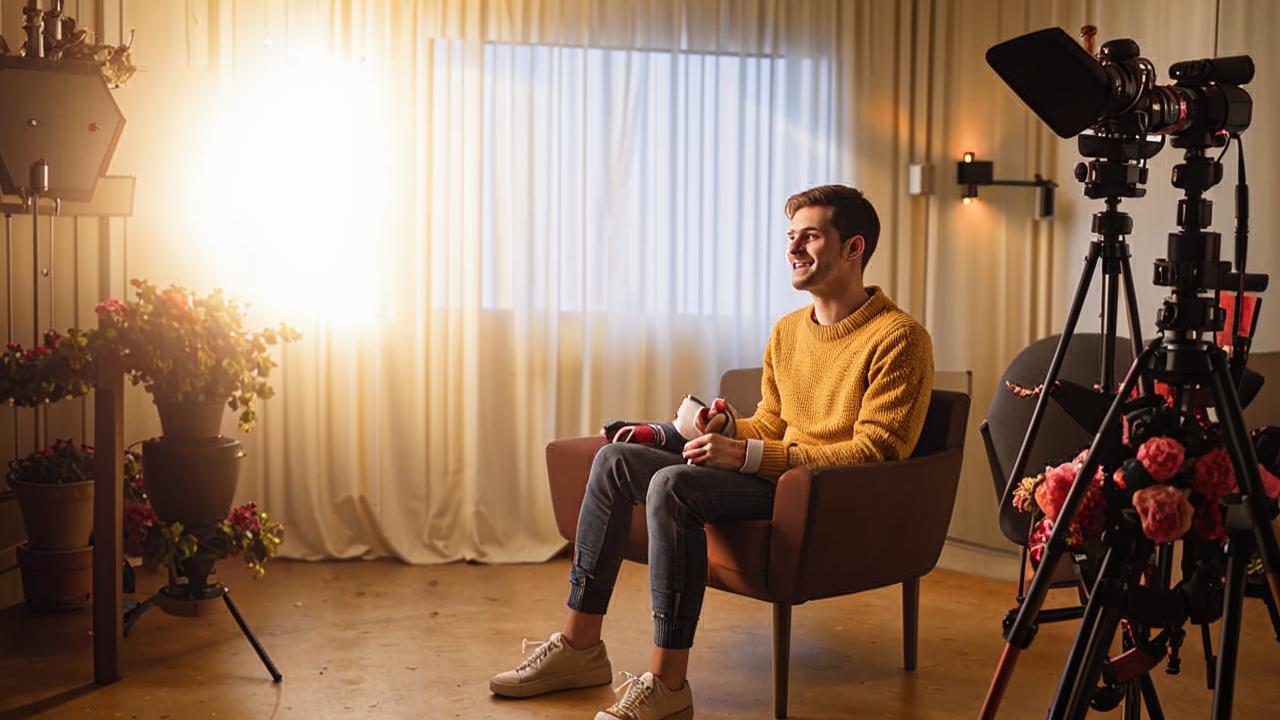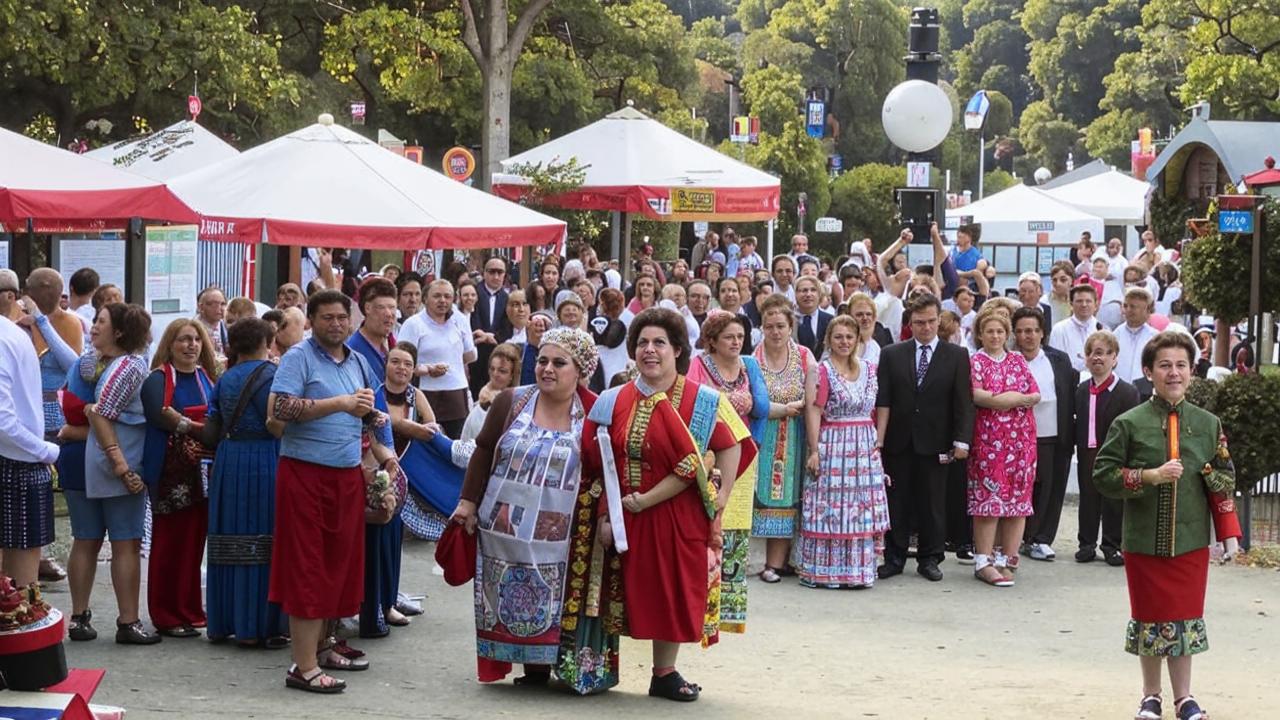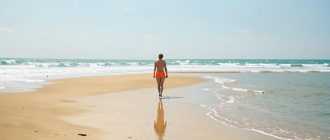“Championship” together with IRONSTAR, the leading organizer of triathlon starts in Russia, launches a special project #226questions.
This is the first YouTube-show about triathlon in Russia. The heroes of our episodes are famous athletes, bloggers, politicians, businessmen and just people with unusual stories. On the eve of the main start of the IRONSTAR 226 Sochi season, we will introduce you to the personal stories and ask 226 questions to the guests of our studio.
The interview series is opened by Alyona Zavarzina, a bronze medalist of the Sochi Olympic Games, snowboarder and recently also a triathlete.

– Alyona, you finished your professional sports career not so long ago. What are you doing now?
– I’m training for triathlon and various other projects, until I started studying at a design university. Sometimes I even commentate and do public speaking.
– Last year you enrolled at Saint Martins. Isn’t it scary to start from scratch?
– The scariest thing about it all is that you don’t know what you’re going to do next. Recently we were on the air with Maria Kiseleva, and she said that athletes like no one else will understand what it’s like when you’ve dedicated your whole life to sports, it was scheduled from start to finish around the competition schedule. You knew roughly where you were going to be any month of the year, there was a clear plan that you stuck to. Once that ends, you don’t know what to do next. That’s one of the reasons I started doing triathlons – I wanted to move with a plan.
You’ve been told for a long time that it’s time to quit, but you didn’t hear and you pushed through the barriers.
Getting into design is not something I start from scratch. I started painting first and then only started snowboarding. It burst into my life and I left artistic endeavors behind. I even enrolled and took two courses at an art university. I didn’t finish, and it’s good, because in our Russian institutions they beat creativity out of you quite seriously.

– In one of your interviews you said that when you finished your sports career, you thought a lot about it, and the Universe gave you a sign.
– I believe that each of us receives signs quite often. It’s just that we don’t notice them or listen to them. For example, if you are highly motivated to win competitions, then any difficulty that appears in front of you is perceived by you as an obstacle to be overcome for the sake of a high goal. When these moments become too many, this lump builds up, you start to realize that this is actually a sign. You’ve been told for a long time that it’s time to quit, but you didn’t hear and you pushed through the obstacles.
I could have continued my career, but now I don’t see much point in it. After all, sport is not just about achievements for the sake of the country or personal victories, it’s a sum total. So you can’t swim alone in this sea.

– Many former athletes find it very difficult to apply themselves in life. What do you think this is due to and how do you fight it?
– Because all your life you’ve only been interested in sports. You don’t know what to do next. The right way is to go into coaching or become a team attendant. I believe that not everyone can be a coach. For example, I don’t have that. It is one of the most thankless professions in the world, and I like my labor to be appreciated.
I read in different biographies that many people gloss over this moment and don’t want to talk about the difficulties. Overall, professional sports and its aftermath is not the best thing that can happen for your mental health.
I can’t suddenly after 20 years in sports become a team player. It would be weird if after snowboarding I went into volleyball.
– If we talk about your new hobby, triathlon, some people start because they are running from something, that is, they are trying to free their head from unnecessary thoughts, some people run for something, they want to learn and test themselves. What will you start in Sochi for?
– I also want to learn new things about myself. To see if I can endure such an endurance race. Indeed, when you’re on the course, you’re often in your head. You start digging into yourself, you start delving into your world. It’s actually therapeutic, you can even call it meditation, because you start to understand yourself and your emotions better.
– Both snowboarding and triathlon are individual disciplines. Why are you closer to such a sport than a team sport?
– I’m not a team player. It just so happens that you accept it once and for all. Probably when I was a kid. I can’t suddenly become a team player after 20 years in sports. It would be weird if after snowboarding I went into volleyball.
The full version of the interview is available in the video on YouTube.





